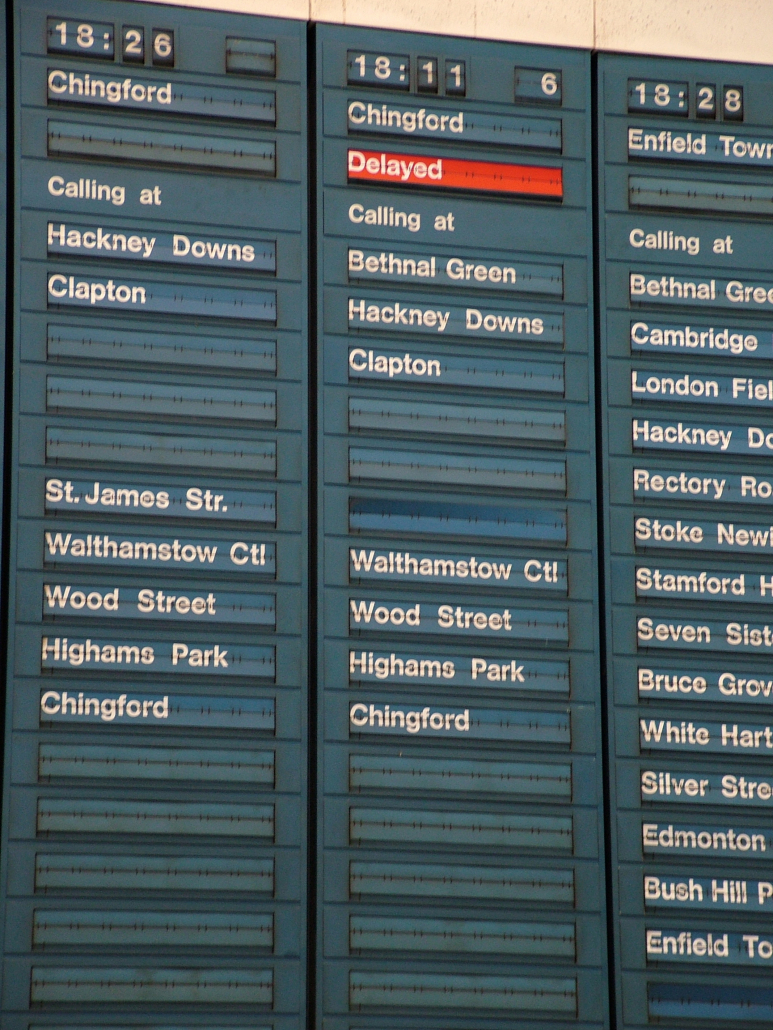Court Delays? Go Private!
Court delays seem to have become worse in recent years with it taking longer than ever for hearings to be scheduled. There’s then the issue of contacting the Court which is almost impossible by phone and by email they will only accept certain documents. With the current coronavirus pandemic things have only got worse as this BBC article shows. An example of this is a case that I was recently dealing with that was cancelled by the Court with less than 24 hours notice. This was bad enough, but then the new date for the hearing was 4 months away! Therefore rather than my client resolving matters in Summer, she was now looking at Christmas before things will be concluded.
When the case eventually gets to Court things unfortunately do not get any better. The buildings for the most part are completely unsatisfactory with there being insufficient waiting rooms and generally they are too cold in Winter and too hot in Summer.
This is of course not the fault of the Court as they are working with what they have and due to budget cuts they have less staff and less money to spend on IT and buildings etc. However, it is understandably very frustrating for clients who are spending thousands of pounds on legal fees to have to endure such delays, poor communication from the Court and substandard facilities.
However, there is another way. Arbitration.
The traditional view of arbitration is perhaps of cases involving international businesses trying to resolve a high value dispute. However, arbitration is no longer just for commercial parties with very deep pockets; it’s now available for divorcing couples trying to resolve financial matters as an alternative to going through Court.
Rather than making an application to Court, waiting 6 months for the 1st hearing then another 4 months for the next hearing and having a different judge each time, with arbitration the situation is very different. The parties decide who the arbitrator should be (usually a practicing barrister or retired judge), when financial disclosure should happen, when the hearings should take place and where – usually at a nice hotel/conference centre with good facilities. This means that it is possible to have a hearing very quickly and to have the same arbitrator at each hearing meaning the case is dealt with promptly and consistently.
There is of course a downside to this and that is cost. As usual, to have something bespoke where you pick the judge (arbitrator), date and venue this is going to come at a cost. However, with arbitration it is possible to have a case dealt with in a fraction of the time of a case going through the Courts. This brings its own savings in terms of potentially lower legal costs as parties are only instructing solicitors for a matter of months as opposed to perhaps over a year if going through Court. There is also the fact that rather than having to think about your case for perhaps well over a year, with arbitration it could be finalised in months allowing you to move on with your life quicker.
Therefore whilst arbitration was once the preserve of the wealthy, given the ever increasing delays at Court which have only been made worse by coronavirus, arbitration may well now make financial sense for most financial remedy cases.
Arbitration can also be used in Children cases and this is a useful article on the subject.
For more information, or if you have any Family Law questions, please contact Nick Robertshaw from our Family Law department on 01733 262182 or bretton@wngsolicitors.co.uk





